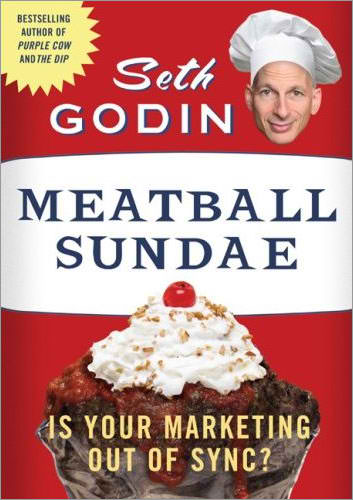The Mitchell Report
For me, it's about two things: 1. The greatest hitter of my generation was cheating (Barry Bonds). 2. The greatest pitcher of my generation was cheating (Roger Clemens).
That can't be good for the sport.
For me, it's about two things: 1. The greatest hitter of my generation was cheating (Barry Bonds). 2. The greatest pitcher of my generation was cheating (Roger Clemens).
That can't be good for the sport.
My company just held an all day recruiting event for computer science majors from top colleges in the Northeast; 48 students attended. Of the 48, there was 1 that was born in the United States.
What does this say about America and -- more importantly -- does it matter? One thought...
Given the skepticism and short attention span of many young people, it's about time teachers stopped keeping the applications of algebra, calculus and trigonometry a secret. Telling students with artificial attention deficit disorder to "trust me, you're going to need this someday" is unlikely to work. Let's start with easy to understand and cool applications -- flying planes, walking on the moon and building skyscrapers. We can back into the boring stuff.
 I just finished reading Seth Godin's new book, "Meatball Sundae." It was excellent and I have a lot of thoughts on it that I'm sure I'll post over the next couple of weeks.
I just finished reading Seth Godin's new book, "Meatball Sundae." It was excellent and I have a lot of thoughts on it that I'm sure I'll post over the next couple of weeks.
The book brought to mind a great podcast the other day from the Harvard Business Review. It was an interview with a professor from Columbia's business school (I think). Anyway, his thesis seemed to be an attack on Seth's thesis -- though I'm certain this wasn't his intent. For the record, Seth's thesis goes something like this...
Forget about interruption-based marketing. Instead build what he calls a "permission asset." That is, build a list of people that want to hear from you. How do you build this list? Basically through word of mouth. How do you get word of mouth? Build a product that is "remarkable" -- i.e. something that people will make a remark about.
I love this theory. I love it. I have to admit, though, that this seems a little bit too easy. And that is the point that this professor trying to make. That is, while Seth's theory is nice, it's not necessarily that easy. For every example that Seth gives in his new book, from iPods to Send-a-Ball's, there are probably 1,000 ideas that didn't spread. The Columbia professors theory combines a little bit of interruption-based marketing with an easy way for people to spread the word to dramatically increase the chances of a win.
More on this in the coming days...in the meantime, I should include a link to Seth's blog. He's a large inspiration for this one.
Not sure...but here's a thought....
New marketing companies leverage things like blogs, web video, targeted emails, etc. Old marketing companies -- at least the really big ones -- do dumb things like advertise during the Super Bowl -- the epitome of wasted ad spending. If there really is something to this new marketing thing, I'm going to bet that, on average, companies that advertise during this year's Super Bowl will see their stock prices decline over the next three years. I'll list a bunch of these companies the day after the Super Bowl. It'll be interesting to see if my theory is right...